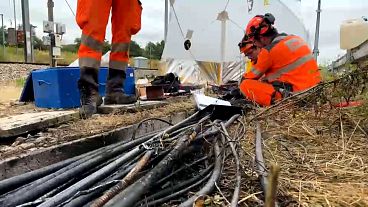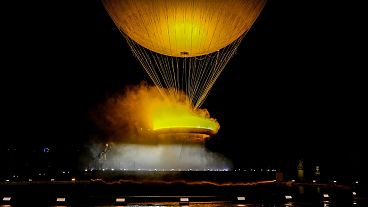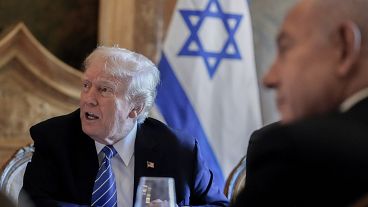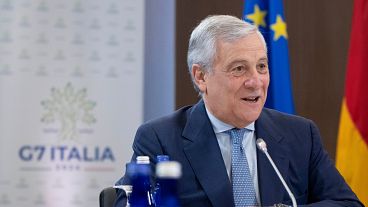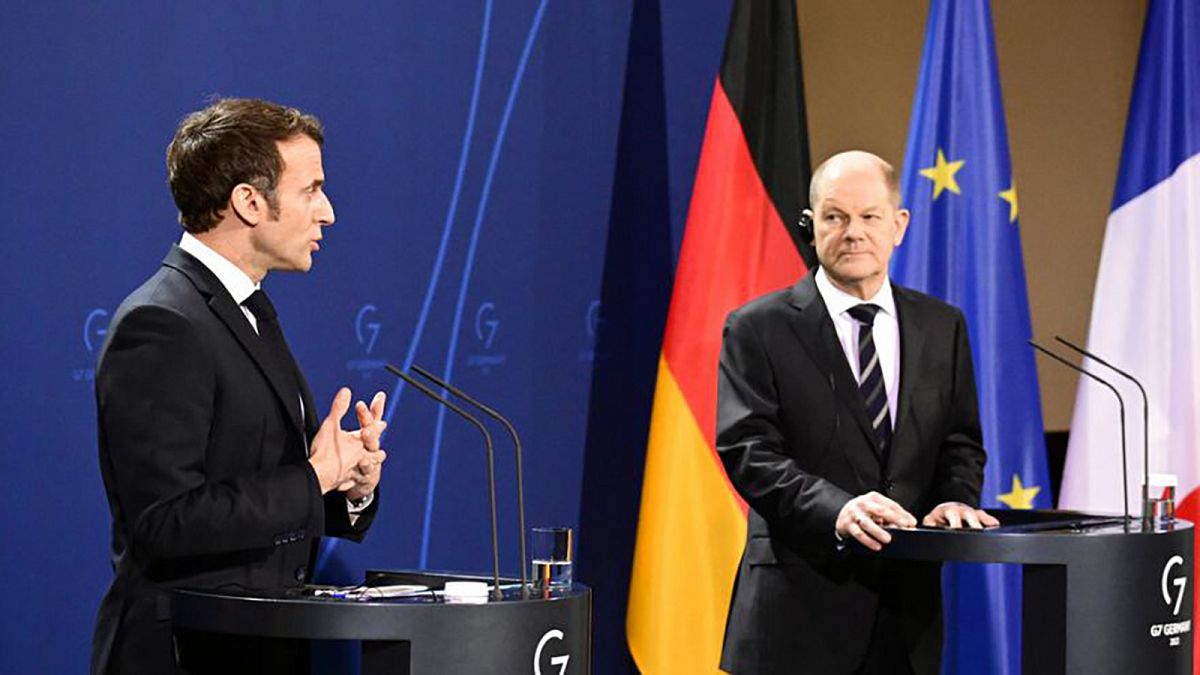The hope in Berlin’s government circles is for Macron’s re-election and a continuation of the groundwork that’s been laid with the new German Chancellor.
The Franco-German motor has spluttered along through many a crisis in recent years. But if one issue was ever a permanent wedge between Paris and Berlin, it was defence and security.
Then on February the 24th, Russia invaded Ukraine, strengthening attitudes in Paris and drastically changing them in Berlin. But even in the days before the invasion, there were signs of change.
"Consider the intense coordination to send the same message to Vladimir Putin and the Kremlin,” says Raphael Loss of the European Council on Foreign Relations. “That was ultimately not fruitful, but I think they showed that there is deep, deep coordination going on in a field that has been trouble in the past for Europeans: namely defence and security cooperation."
Since the invasion, France has been sending largely undisclosed military equipment to Ukraine and speeding up its deployment of troops to bolster NATO’s eastern flank, where French pilots have also been policing the skies.
Scholz rips up the rule book
Meanwhile, in Berlin, amid growing protests, Germany’s chancellor Olaf Scholz has ripped up the rule book.
“As you know, we decided that Germany will send defence weapons to Ukraine,” he said. “From now on, year-on-year, we will invest more than 2% of our GDP in defence... The 2022 government budget will provide this special fund with a one-off amount of €100 billion.”
Part of that money has already been earmarked to buy 35 US F-35 fighter jets. Efforts by France and Germany to ramp up defence have certainly been welcomed by EU partners, but many are still asking: what exactly does that mean for European defence?
In the short-term, the focus will be strengthening NATO’s eastern flank, says German Social Democrat Nils Schmid. But EU defence capabilities, he argues, should also be stepped up with a so-called “Strategic Compass” – a road map of sorts for EU defence and security.
“That also means being able to take action against non-military threats to Europe: against disinformation campaigns, cyber-attacks,” he says. “This is what the strategic compass is for. And Germany and France must use it to actually achieve the targets of this strategic compass over the next few years”.
A joint defence policy remains a difficult challenge
But in the long-term, developing a joint European defence policy, not to mention any kind of European army, is unlikely to be plain sailing. Deciding what kind of role such an army would play or what the plan of action would look like would be no easy feat.
“If the French mission in Libya, for example, had been a potential European mission, Germany would then have had to participate;” says Stefan Seidendorf, Deputy Director of the German-French Institute. “And that would have been very difficult from a German point of view. So it must somehow be possible to vote on democratic procedures. This is a very difficult challenge to overcome”.
But for now, despite the focus on Ukraine, Germany is still closely watching the French presidential election. The hope here in Berlin’s government circles is for Macron’s re-election and a continuation of the groundwork that’s been laid with the new German Chancellor.

